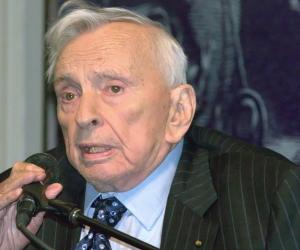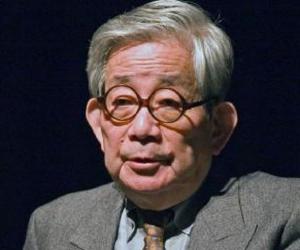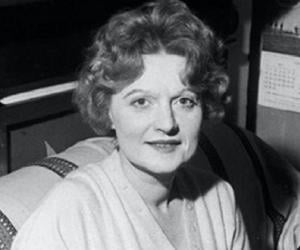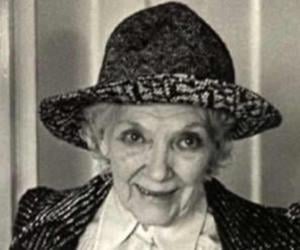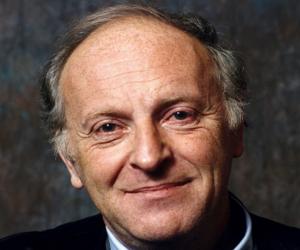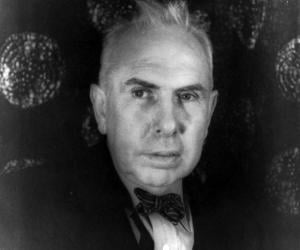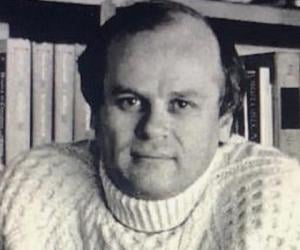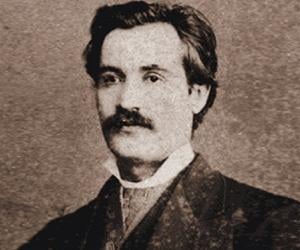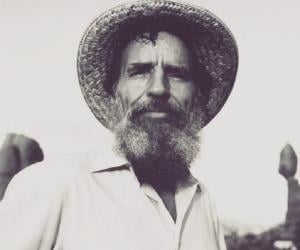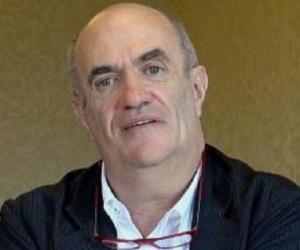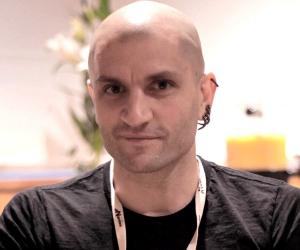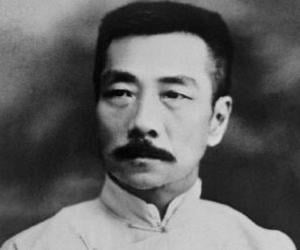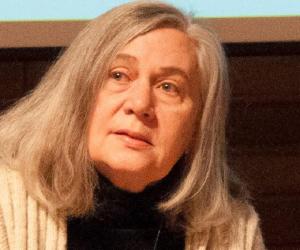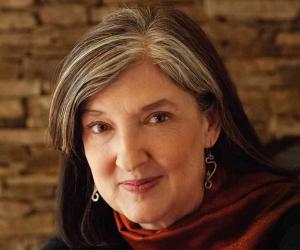Eugene Luther Gore Vidal was an American writer, novelist, essayist, screenwriter and playwright. Vidal was born in New York and brought up in California by his Broadway actress mother and army officer father. When he finished college, he went to join the army and became a warrant officer, until he fell ill because of arthritis. He started writing when he was only 21 and wrote many controversial, ahead of his time novels, essays, memoirs and film scripts. The most controversial work of his literary career was his second novel called ‘The City and the Pillar’, which had an unflustered portrayal of homosexuality in it. It shocked the society at the time so much so that New York Times refused to review his books for the next 5 years, which compelled him to write under a pseudo-name for some years. His writings are considered to be sharp and witty. He was a broad-minded writer, who often wrote satirical statements on sex, gender, gays, etc. Vidal was a self proclaimed bisexual who remained in a long term relationship with his partner Howard Austin.
Also Known As: Eugene Luther Gore Vidal, Eugene Louis Vidal
Died At Age: 86
father: Eugene Luther Vidal
mother: Nina Gore
Born Country: United States
Essayists American Men
Died on: July 31, 2012
place of death: Los Angeles, California, United States
Cause of Death: Pneumonia
Ancestry: Austrian American, Swiss American
U.S. State: New Yorkers
Founder/Co-Founder: The Ludington Line, Transcontinental Air Transport, Northeast Airlines
education: Phillips Exeter Academy
awards: 1993 – National Book Award for Nonfiction
Gore Vidal was a distant relative of former US Vice President Al Gore, sharing a common ancestor in Thomas Pryor Gore, a senator from Oklahoma.
Vidal was known for his sharp wit and humor, often engaging in spirited debates with other intellectuals and public figures.
He had a passion for writing and penned not only novels and essays but also screenplays, television scripts, and even a Broadway play.
Vidal was a political commentator and ran for political office himself, seeking a seat in the US House of Representatives in 1960 as a Democratic candidate.
Despite being a controversial figure, Vidal was also a respected literary figure, receiving numerous awards and accolades throughout his career for his contributions to American literature.


